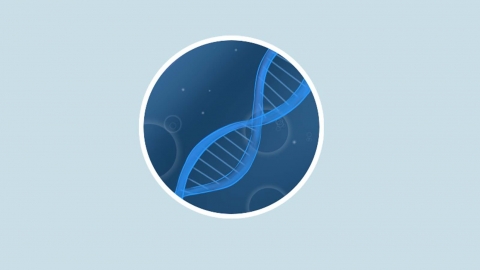Is the blood of leukemia patients contagious?
Under normal circumstances, the blood of leukemia patients is not contagious. Leukemia is not an infectious disease; its development is associated with factors such as genetics, environmental exposures, and immune abnormalities, and there is no possibility of transmission to others through blood contact. The detailed explanation is as follows:

Leukemia is a malignant clonal disease originating from hematopoietic stem cells. It is characterized by enhanced self-renewal, uncontrolled proliferation, impaired differentiation, and blocked apoptosis of leukemia cells, causing them to arrest at various stages of cellular development. The pathogenesis of leukemia is linked to factors such as viral infections, radiation, chemical exposure, and genetic predisposition; however, none of these involve contagious transmission. Even if a healthy person comes into contact with the blood of a leukemia patient, they will not contract the disease, because the leukemia cells entering another person's body will be recognized and eliminated by that individual's immune system, making it impossible for the cells to survive or proliferate in the new host.
In clinical practice, healthcare workers take protective measures when handling the blood of leukemia patients primarily to prevent infection from other pathogens present in the patient's blood—such as hepatitis B virus or HIV—not to prevent transmission of leukemia itself.
Therefore, there is no need to worry about contracting leukemia through contact with a patient's blood. Patients should receive normal social interaction and care, and unfounded concerns about contagion should be dispelled.





